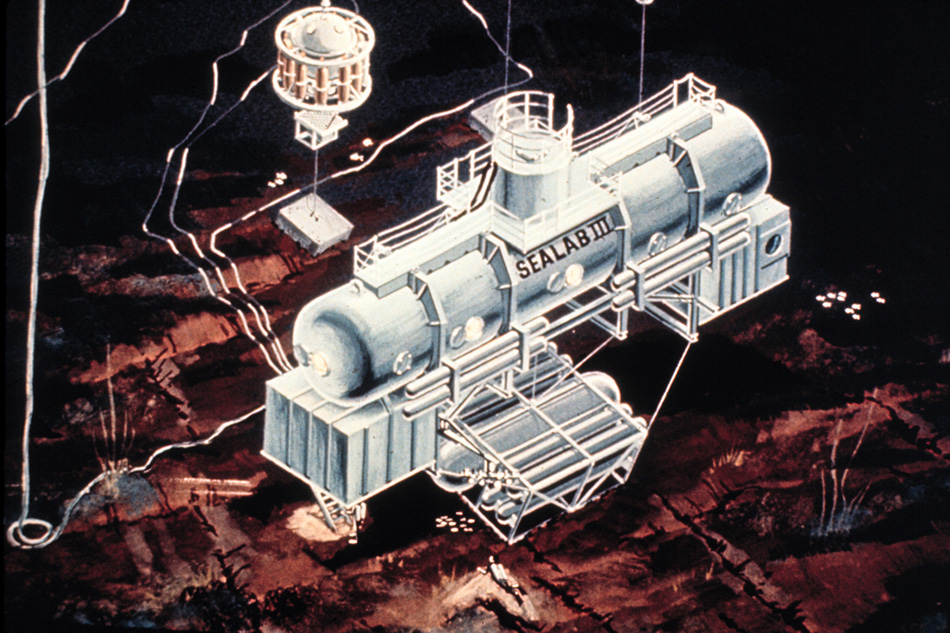America’s Engineers Educate and Influence DC During ASME’s Virtual Advocacy Day
America’s Engineers Educate and Influence DC During ASME’s Virtual Advocacy Day


Nearly 100 ASME members from across the United States and around the world gathered virtually May 17-19 for Policy Impact 2022, an annual public policy conference aimed at educating and influencing U.S. policymakers on issues of importance to the engineering community.
The program included remarks and panel discussions on timely issues including clean energy, workforce development, space-based research and development (R&D), supply chains and manufacturing, and global technology standards. The event also featured ASME member meetings with more than 100 congressional offices to advocate for solutions that address these critical national policies. The program also included live remarks from leaders in Congress and the Biden administration, who shared their perspectives on how to advance U.S. leadership in science and engineering.
Policy Impact 2022 was one of the first public appearances by Laurie Locascio, the new director of the National Institutes of Standards and Technology (NIST) and Undersecretary of Commerce for Standards and Technology. Locascio delivered a keynote address on the importance of investing in critical and emerging technologies and on efforts to bolster global supply chain security and resiliency.
The program also delivered bipartisan perspectives on U.S. science and engineering policy from Reps. Sean Casten (D-IL) and Young Kim (R-CA), both members of the House Science, Space, and Technology Committee. Another highlight was an International Space Station National Lab “AS-ME Anything” chat.
ASME also convened a clean energy panel discussion with three senior officials from the Department of Energy (DOE), who outlined key initiatives and goals for the mechanical engineering community. Panelists included Dr. Kathryn Huff, assistant secretary for nuclear energy, who highlighted the Biden administration’s strategy for clean energy through deploying advanced nuclear power technologies; Dr. Brian Anderson, director of the National Energy Technology Laboratory, who articulated efforts underway to advance technology pathways for a carbon-free future; and Dr. Sunita Satyapal, director of the Hydrogen and Fuel Cell Technologies Office, who discussed the DOE’s ambitious goals for expanding the clean hydrogen economy.
Throughout the event, participants also heard from ASME leaders including Executive Director Tom Costabile; outgoing President Mahantesh Hiremath and incoming President Karen Ohland; and Managing Director of Global Public Affairs John Hasselmann.
The full roster of speakers and ASME’s policy backgrounders can be found at https://resources.asme.org/policy-impact.
Why does this event matter? ASME’s public affairs team works year-round to educate policy makers on key issues of importance to the engineering community. But government officials also want to hear directly from people like you, the “grassroots” ASME members whose lives and work are directly affected by government policies. If you are interested in politics and policy, we invite you to become more involved in ASME advocacy. Simply contact Thomas Abrams at abramst@asme.org, and we’ll add to the list to receive Capitol Update, our weekly newsletter, as well as invitations to future advocacy opportunities. Your voice can make a difference for the entire engineering community.
The program included remarks and panel discussions on timely issues including clean energy, workforce development, space-based research and development (R&D), supply chains and manufacturing, and global technology standards. The event also featured ASME member meetings with more than 100 congressional offices to advocate for solutions that address these critical national policies. The program also included live remarks from leaders in Congress and the Biden administration, who shared their perspectives on how to advance U.S. leadership in science and engineering.
Policy Impact 2022 was one of the first public appearances by Laurie Locascio, the new director of the National Institutes of Standards and Technology (NIST) and Undersecretary of Commerce for Standards and Technology. Locascio delivered a keynote address on the importance of investing in critical and emerging technologies and on efforts to bolster global supply chain security and resiliency.
The program also delivered bipartisan perspectives on U.S. science and engineering policy from Reps. Sean Casten (D-IL) and Young Kim (R-CA), both members of the House Science, Space, and Technology Committee. Another highlight was an International Space Station National Lab “AS-ME Anything” chat.
ASME also convened a clean energy panel discussion with three senior officials from the Department of Energy (DOE), who outlined key initiatives and goals for the mechanical engineering community. Panelists included Dr. Kathryn Huff, assistant secretary for nuclear energy, who highlighted the Biden administration’s strategy for clean energy through deploying advanced nuclear power technologies; Dr. Brian Anderson, director of the National Energy Technology Laboratory, who articulated efforts underway to advance technology pathways for a carbon-free future; and Dr. Sunita Satyapal, director of the Hydrogen and Fuel Cell Technologies Office, who discussed the DOE’s ambitious goals for expanding the clean hydrogen economy.
Throughout the event, participants also heard from ASME leaders including Executive Director Tom Costabile; outgoing President Mahantesh Hiremath and incoming President Karen Ohland; and Managing Director of Global Public Affairs John Hasselmann.
The full roster of speakers and ASME’s policy backgrounders can be found at https://resources.asme.org/policy-impact.
Why does this event matter? ASME’s public affairs team works year-round to educate policy makers on key issues of importance to the engineering community. But government officials also want to hear directly from people like you, the “grassroots” ASME members whose lives and work are directly affected by government policies. If you are interested in politics and policy, we invite you to become more involved in ASME advocacy. Simply contact Thomas Abrams at abramst@asme.org, and we’ll add to the list to receive Capitol Update, our weekly newsletter, as well as invitations to future advocacy opportunities. Your voice can make a difference for the entire engineering community.



